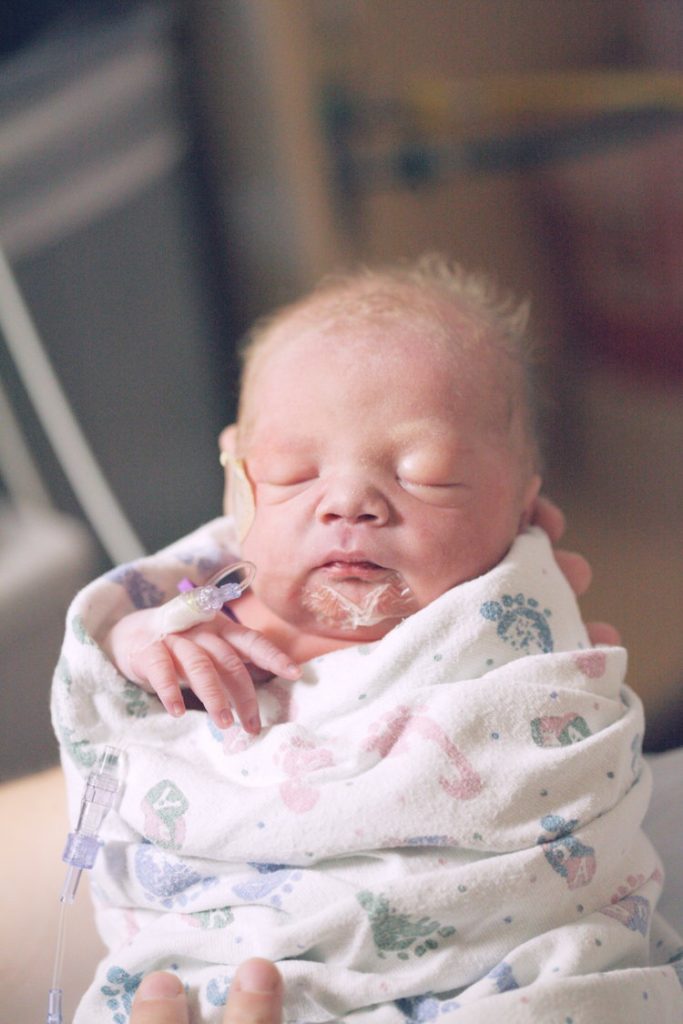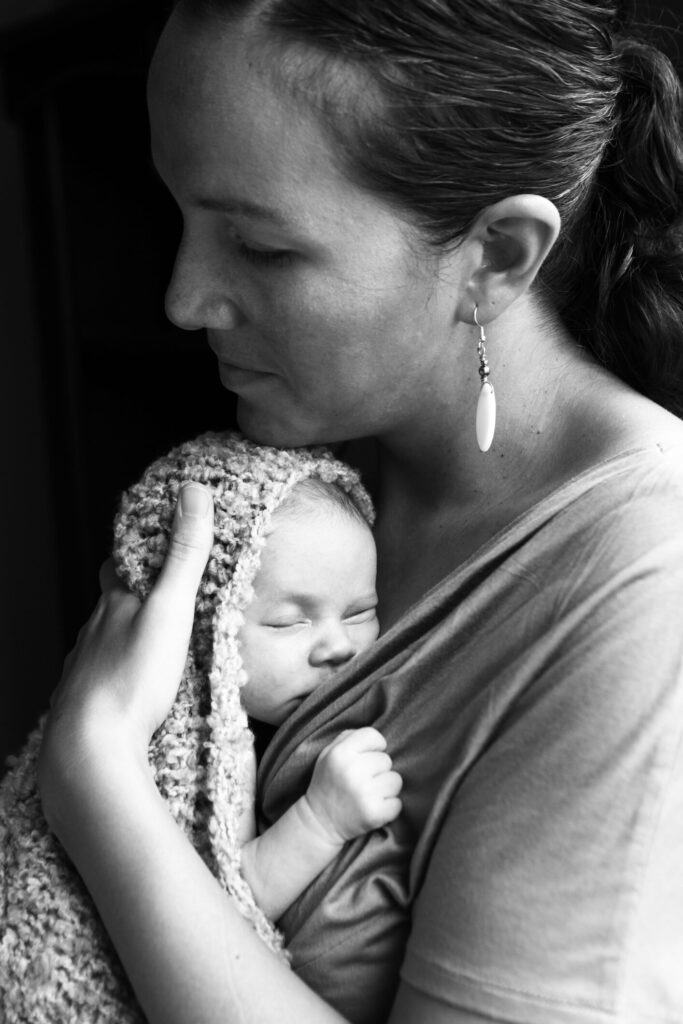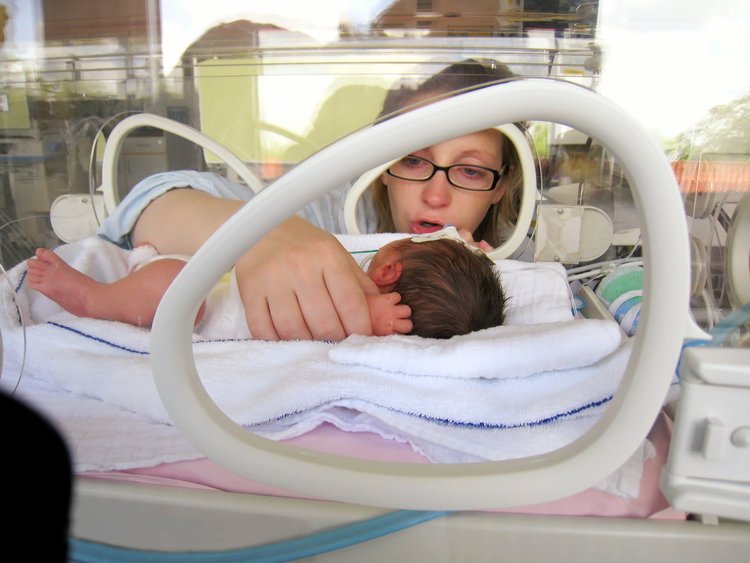
Premature (early) birth (babies born before 37 weeks of pregnancy) can be a hard experience for a mother and family. In the United States, 1 in every 10 infants are born preterm to non-Hispanic White mothers. The rate of preterm birth is greater for non-Hispanic Black mothers. After preterm birth, many babies need additional support. Special care (also known as intensive care) is also sometimes needed for infants born term. This care helps babies breathe, helps them keep a regular temperature, get the nutrition that they need, and more. It is not uncommon for premature babies to have a feeding tube, that is often inserted through the nostril, (also called a ng-tube) until they develop enough to be able to feed on their own. Milestones in the special care setting may not be what you expected. Here we are sharing some ideas to help you breastfeed your baby if he/she is born early.
Human milk, also known as “liquid gold”, is strongly recommended for all babies. Mother’s milk is so special that it is actually medicine for babies – especially those born preterm. Studies have shown that milk from mothers who have given birth preterm has higher concentrations of protein, iron, and other nutrients than milk from mothers who gave birth at term. A mother’s milk is for each baby’s needs. Human milk also changes over time as the baby grows.
Breastfeeding may be hard when the baby is in the hospital and has special health care needs. Breastfeeding can also be hard when the mother is stressed, which is to be expected when her baby is not well! Having support from other parents who have had a baby born early can be really helpful. Ask your baby’s nurse about how you can connect with other parents. A practice that many mothers and others do in special care is to hold their baby close on their bare chest (no clothes on the adult or baby, just a diaper). This is called Kangaroo care or skin-to-skin contact. Ask your health care team to support you being in skin-to-skin contact as often as you like. It is healthy for your baby and for you.
Expressing and/or Pumping after Preterm Birth
Tips for Breastfeeding a Prematurely Born Baby gives three helpful ways to start and keep a good milk supply: pump early, pump often and pump well.
- Pump early: Mothers should start removing milk from their breast in the first six hours after birth to start making milk. You will make small amounts of “first milk” during this time. This “first milk” is called Colostrum. Colostrum is extra important for babies who were born preterm. This first milk helps protect them from getting infections, helps them with their first poop (called meconium or black stool), and supports their growth and development. For the first few days, your milk will be Colostrum. Then it will change as your baby grows. If feeding at the breast is not possible, expressing milk as soon as possible will help you get a good milk supply. Ask for help with hand expression, manual pump expression, or electric pump expression from your nurse and an International Board Certificated Lactation Consultant. Your health care team is there for you.
- Pump often: Babies born preterm eat small amounts of milk at each feeding and are typically fed every hour to hour and a half. Mothers who are expressing milk might want to pump about 8 times a day. This is very hard work. You are strong and can do it! Some mothers pump every 2-3 hours during the day and every 3-4 hours at night or when working. You might express more often than this, depending on what makes sense to you.
- Pump well: Having a good breast pump can make expressing a better experience for you and can help your milk supply. Most hospitals provide access to medical-grade breast pump for mothers whose children are in special care. Ask if medical-grade pump rental for home use is possible, by the day or week. Your health care team, including lactation consultants, can help you learn how to express your milk and establish and maintain your supply. Tell them about your goals for feeding your baby so they can help you reach them.
Practicing Kangaroo Care and Breastfeeding
Kangaroo Care (holding your baby skin-to-skin on your bare chest) is a practice that benefits all babies. Close physical contact over long periods of time is very helpful for babies born early. This connection helps babies gain weight, helps mothers make more milk, and helps a parent learn how to read their baby’s needs. Babies who have skin to skin touch with their parents relax and feel safe and comfortable.
Try not to feel down or sad if your baby doesn’t start breastfeeding when you hope. In the beginning, babies born preterm may lick or put their mouth on the nipple without sucking or quickly fall asleep after a brief feed. It might feel small but that is wonderful progress! It may take time for your baby to develop the skills to breastfeed.
Remember to take one day at a time. As you and your baby get to know each other and grow together, don’t be afraid to ask for help and support. Taking care of a baby born early is hard. We see you and are with you on this journey. Use emotional support resources that are available to you.
Resources






